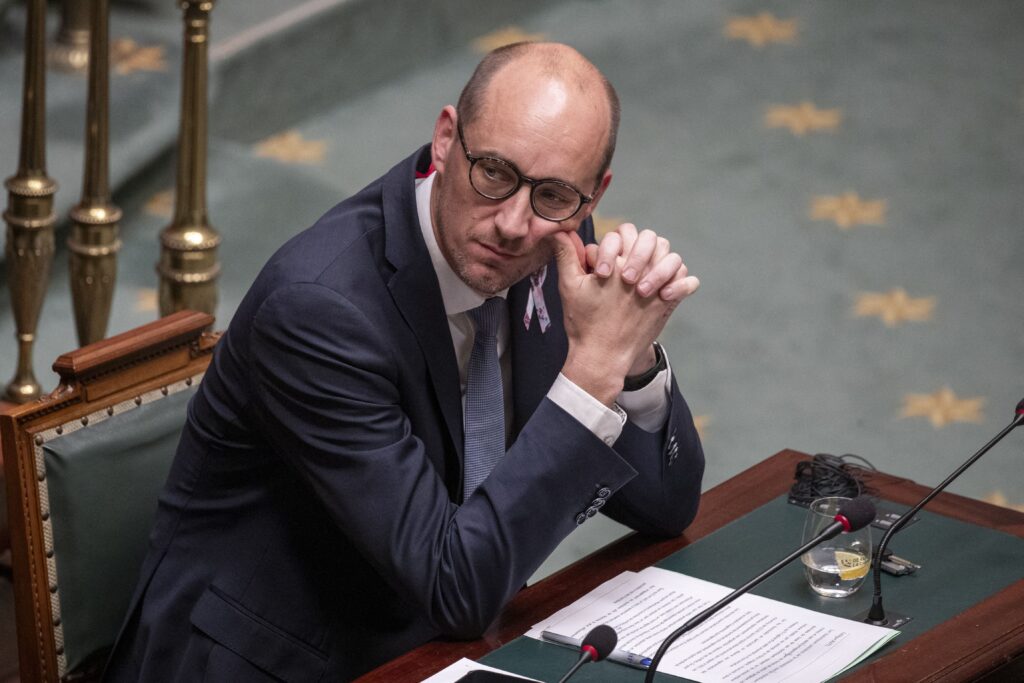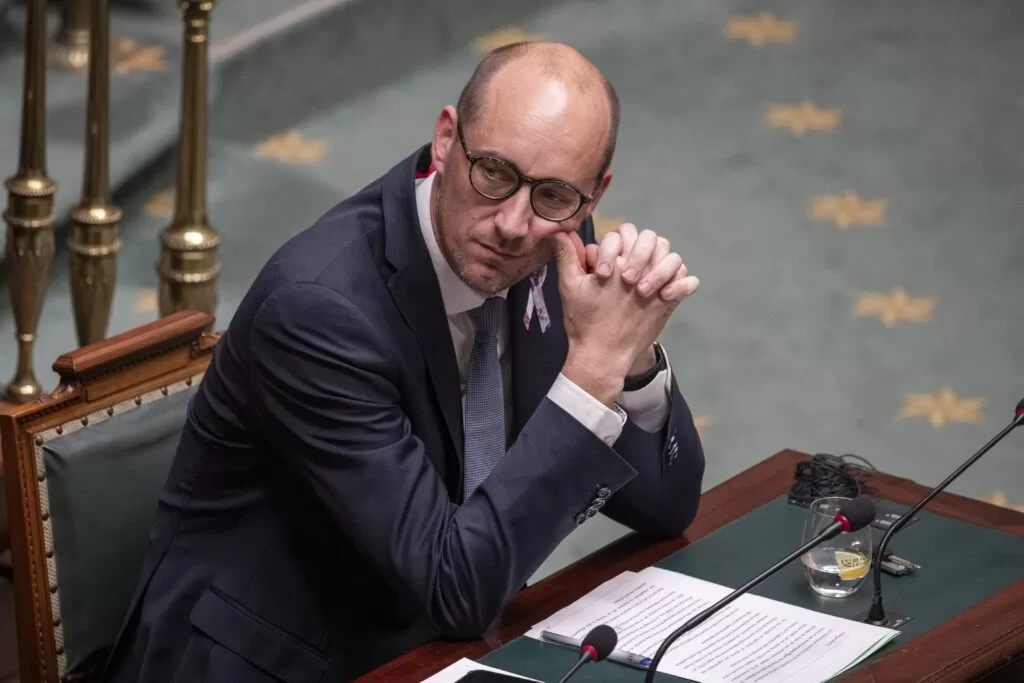The EU’s unrelated effort to funnel cash to Ukraine from its central budget faced serious political resistance, prompting governments to look at alternative sources of money. It took weeks of diplomatic backchanneling before leaders convinced Hungary on Feb. 1 to lift its veto over the EU’s €50 billion cash pot for Ukraine.
Financial stability
The assets confiscation plan could generate over €200 billion to support Ukraine’s postwar reconstruction, according to backers of the proposal. G7 countries are aiming to come up with a coordinated roadmap amid growing pressure from the United States, which, along with the United Kingdom and Canada, has fewer qualms than EU countries such as Germany, France and Italy.
In Europe, there are fears Moscow might retaliate by lodging a flurry of appeals against Euroclear, a Belgium-based financial depository that holds the vast majority of Russian reserves in Europe.

“An institution like Euroclear is a very systemic financial institution,” Belgian Finance Minister Vincent Van Peteghem told reporters at the end of January. “We should … try to avoid an impact [of Russian asset confiscation] on financial stability.”
In a sign of the sort of retaliation countries fear might come, Russian entities have already filed 94 lawsuits in Russia demanding payback to Euroclear, which operates under Belgian law, after their investments and their profits in Europe were frozen, according to a Belgian official with knowledge of the proceedings.
Top Russian lenders, including Rosbank, Sinara Bank and Rosselkhozbank, filed legal claims against Euroclear worth hundreds of millions of rubles.
